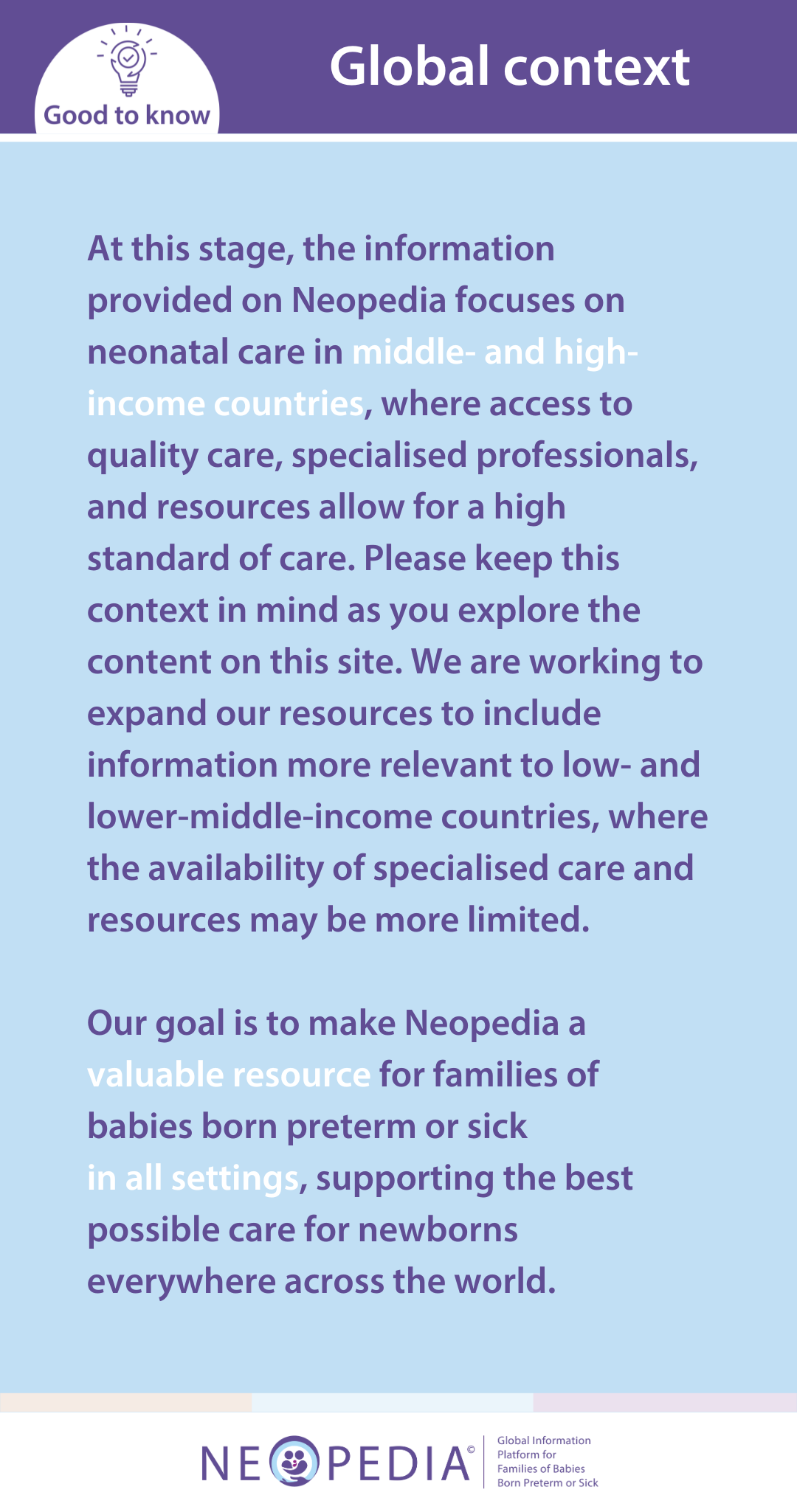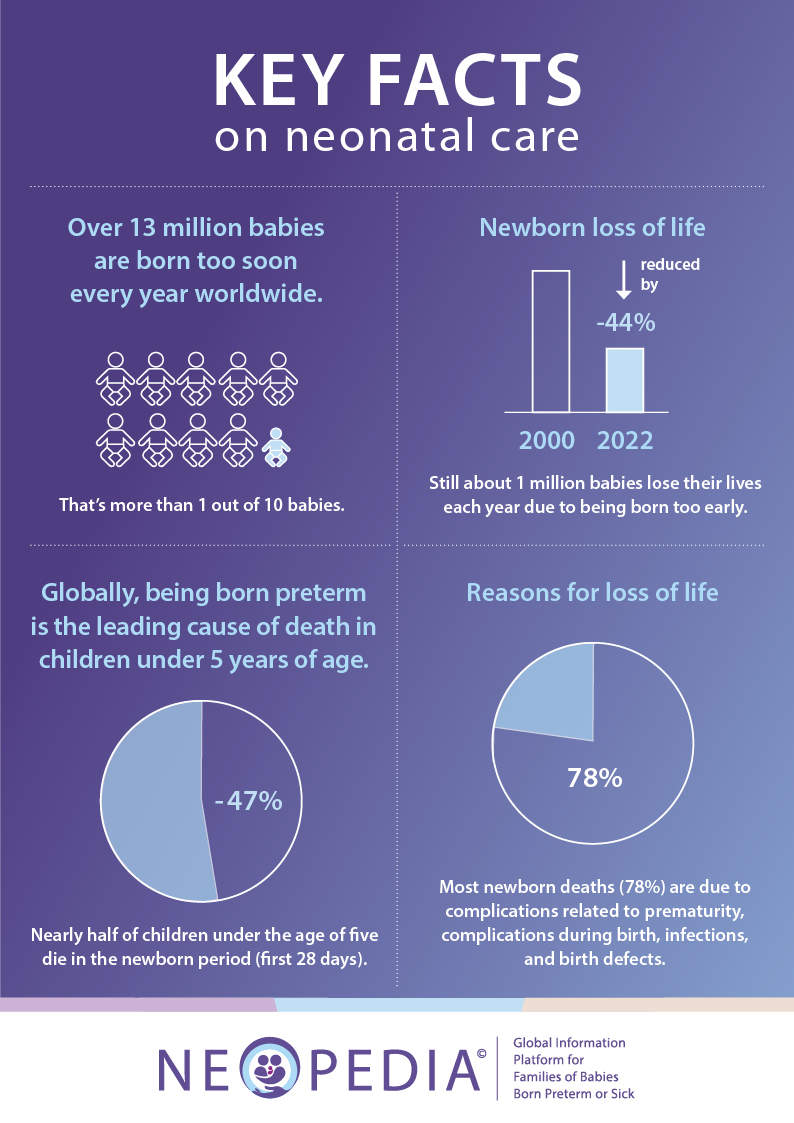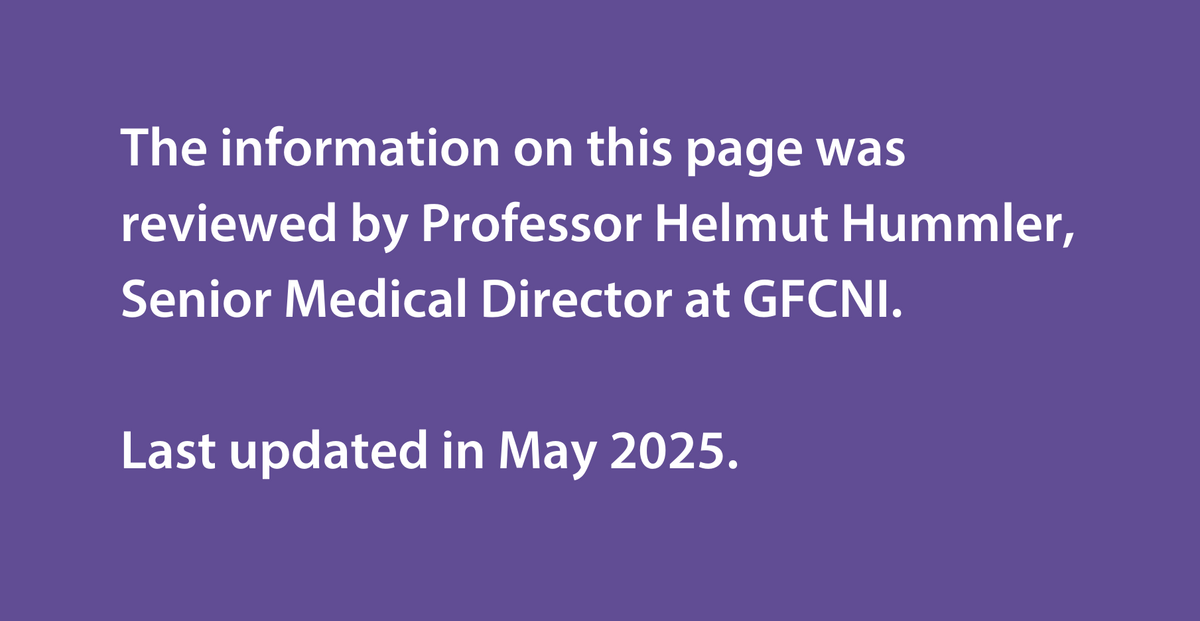
In recent years, there has been important progress in lowering the number of deaths among newborns and mothers. Since 1990, the rate of newborn deaths has been cut in half (source: UNICEF), which is a fantastic achievement. However, women’s health has faced serious setbacks recently in nearly all parts of the world.
Sadly, too many newborns and mothers, including young mothers, continue to lose their lives, often due to causes that could be prevented or treated by timely and adequate care. The main causes of maternal deaths include severe bleeding, high blood pressure, infections during pregnancy, and complications from unsafe abortions. This shows that there is still much more to be done to keep mothers and babies safe.
Health disparities globally
Most newborn deaths happen in low- and middle-income countries, where access to quality healthcare is more limited. However, survival rates for newborns, especially those born preterm or with health complications, can be improved significantly with better access to care before, during, and after birth. Preterm babies especially face more health challenges, and their chances of survival depend largely on the care available. For example, in countries with advanced healthcare systems like Japan, babies born as early as 22 weeks receive active resuscitation⍰ and specialized intensive care. High-income countries in general have the equipment and trained professionals needed to treat extremely preterm babies. However, despite access to adequate and high-quality care, the earlier a baby is born, the greater the risk of health complications that may affect their future.
Unfortunately, preterm baby survival rates are considerably lower in low-income countries. In some areas, around half of babies born before 32 weeks (about two months early) may not survive due to the lack of critical care to provide warmth, support for breastfeeding, and help with infections or breathing problems. When essential resources like electricity, clean water, and skilled healthcare workers are in short supply, the chances of survival for preterm babies are significantly lower. The variability in survival rates globally highlights the need for improving healthcare access across the world and ensuring that every newborn, especially those born preterm, receives the care and support they need to survive healthy and thrive.
Limited access to affordable healthcare with adequate quality of care makes it hard for many countries to improve the health and safety of mothers and newborns and to lower stillbirth rates. Sadly, many of these deaths happen in areas affected by conflict or displacement.
Global statistics and context
Source: WHO Newborn mortality
Too many newborns around the world pass away at home due to early discharge from hospital care, difficulties in accessing care, or delays in asking for medical support. Make sure to ask for and visit the recommended postnatal care appointments for your baby – whether at a health facility or through home visits with a post-discharge nurse, social worker, or midwife, if available. These visits make a big difference in supporting babies and their families worldwide.

Neonatal care in middle-and high-income countries
Despite more advanced care and access to specialists, disparities in health can still significantly affect the quality and outcomes of neonatal care in middle- and high-income countries. For example, parents from lower socioeconomic backgrounds often face greater challenges with preterm birth or birth complications compared to those from more advantaged backgrounds. Language barriers, along with mental or physical disabilities, can also influence the experiences and outcomes for both parents and their babies.
There are major inequalities in maternal and early childhood health within underrepresented communities and marginalised parts of society around the world, increasing the risk of preterm birth in these populations. Discriminatory systems, policies, and practices – including racially discriminatory structures - often limit access to healthcare, making preventive screenings or effective treatments harder to get. As a result, mothers and babies from underrepresented backgrounds often have poorer health outcomes related to preterm births or complications compared to other groups.
Addressing these inequalities is essential for improving neonatal health outcomes and ensuring that every baby has the best possible start in life, regardless of their family’s background or circumstances. As a family, navigating these obstacles can feel isolating, but seeking support from organisations and peer groups can make a big difference. Advocating for access to healthcare and support systems is vital for all families, especially those who feel disadvantaged.

